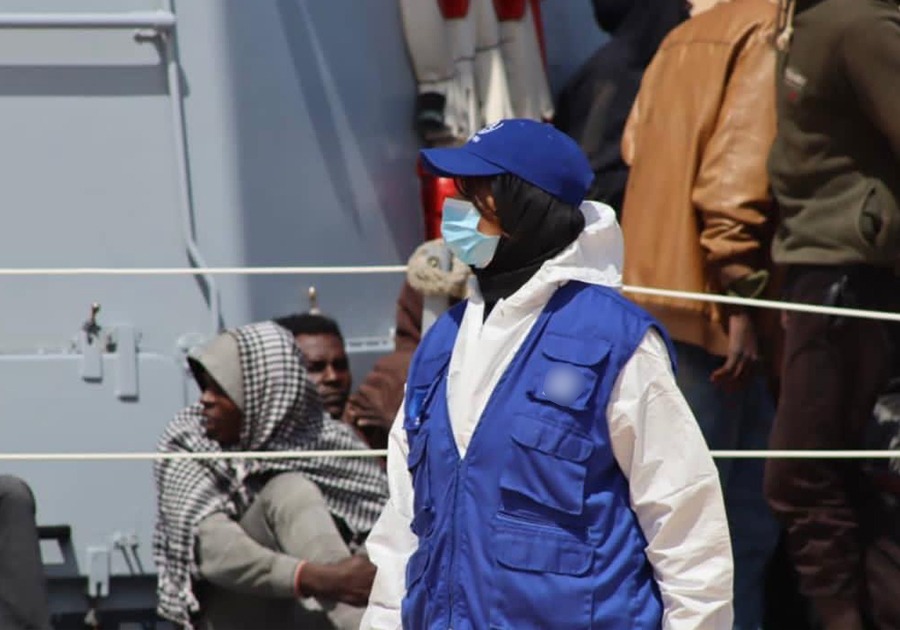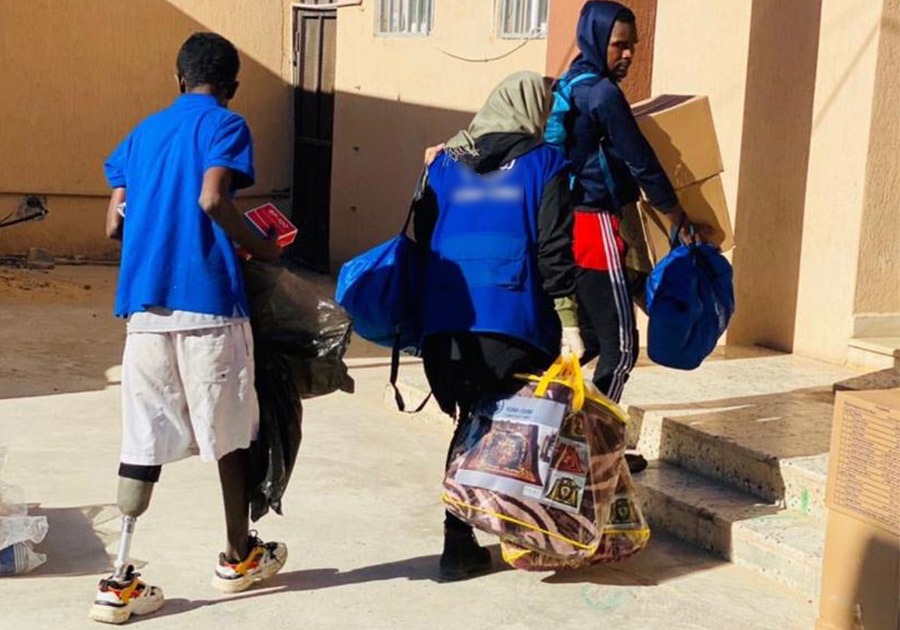- Expertise
- About us
-
Our Purpose
Find out more about CTG’s origins and vision
-
Our Leadership & Management
Meet the team driving CTG’s vision around the globe in conflict settings
-
Our Policies
We adhere to the highest levels of ethical management and corporate governance
-
Contact CTG
Get in touch to find out more about our services
-
CTG’s Culture
At CTG we hire EPIC people
-
- Impact
-
UN Recognition
Global recognition for our social good efforts
-
Sustainable Development Goals
Our commitment to advancing the SDGs
-
Shared Value
Solving social challenges with business solutions
-
Female First
Increasing female representation in humanitarian jobs
-
Putting People First
Leaving a lasting impact on the communities where we work
-
Committed To Good Summit
Accelerating development progress through localised collaboration
-
- Engage
- Work with us
-
Jobs
Find your next post with CTG and sign up to our jobs portal
-
Tayo
CTG’s remote workforce management software
-
Duty Of Care
Protecting our staff and minimising risk in conflict-affected areas
-
Internships
CTG’s Women in Aid: Internship & Mentorship Programme
-
Staff Support
CTG Wellbeing, CTG Learning & CTG Helpdesk
-
Libya Amira Rajab Elhemali


I grew up in Zliten, Libya, and moved with my family to England for 6 years where I completed high school. I then moved back to Libya and went to university to study pharmacy. Today I work as a Protection Team Leader in the Misrata area, and a Search and Rescue Assistant in the middle region. It’s a big change from pharmacy, but I have always wanted to help people and make a difference in the lives of hundreds of migrants and vulnerable people.
I have experienced many tough situations and witnessed heartbreaking incidents, especially during the rescue operation where migrants were suffering for days at sea and some had lost their loved ones.
I started doing humanitarian work three years ago in Libya covering various projects in different cities — mainly focused on protection. I then decided to take up another challenge in my career and work as a Search and Rescue Assistant. I’ve been doing that for almost two years now. It’s a tough job for a woman but it’s an essential one as I am in the frontline to meet the newly rescued migrants at sea.
My main duties in the search and rescue is to be present at the disembarkation points upon the arrival of migrants rescued at sea, covering the areas of Misrata, Zliten and Al Khums. I also make sure that we conduct assessments to the most vulnerable migrants so that we can assess their conditions, counsel those in need and distribute water and food.
I also refer cases to our medical units when needed, as well as to the Voluntary humanitarian return VHR unit when the migrant is interested in our voluntary return services. I try not to leave until everything is sorted and we have provided them with all the essentials they might need for the next location they are moved to.
Furthermore, I support inter-capacity building engagements with government entities and NGOs and also improve the access to basic humanitarian assistance through fumigation and disinfection in detention centres and rescue boats. I also participate in conducting COVID-19 awareness campaigns. I am also responsible for reporting about the dead bodies which sometimes wash ashore, and I make sure we go through the legal and correct burial process.
Being the only woman who attends most of the disembarkation operations gives me the chance to support more women and children. Sometimes during my work I meet a person I have assisted at the Disembarkation point. It is such a relief to see those that have recovered after a rescue; it’s good to see how our assistance has helped them.
One of the most important roles that I played in this process was advocating for the release of some vulnerable women and children from detention centres.
My job is challenging at times; I’ve attended riots, and shipwrecks and I’ve had to deal with dead bodies as well. Most of the disembarkations I work on happen in the middle of the night, in a naval base, where I’m often the only woman around. But I’m happy that I’m helping others every day.

I am so proud of being a humanitarian worker. Regardless of race, ethnicity, religion and social status, we’re all human and we all deserve to be treated with respect and dignity. I’m happy to have a job that reflects my values and what I believe in. I’m lucky to make a living working for assistance and peace — this requires integrity, independence and neutrality.
CTG has been such a great help to me. They were always happy to provide advice at any time. I would like to acknowledge our Account Manager, Hajar, for being a great example of a supportive, hardworking woman. I’d also like to acknowledge Absi and Alaa. They’ve all made my experience so much more positive.
